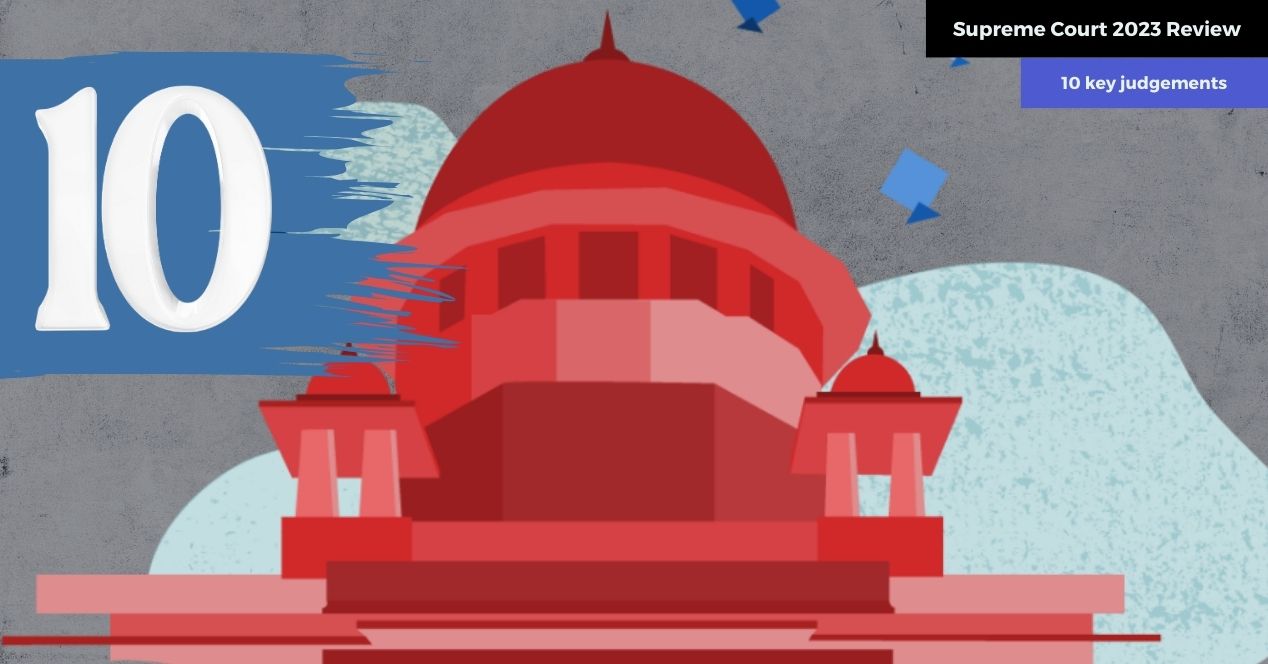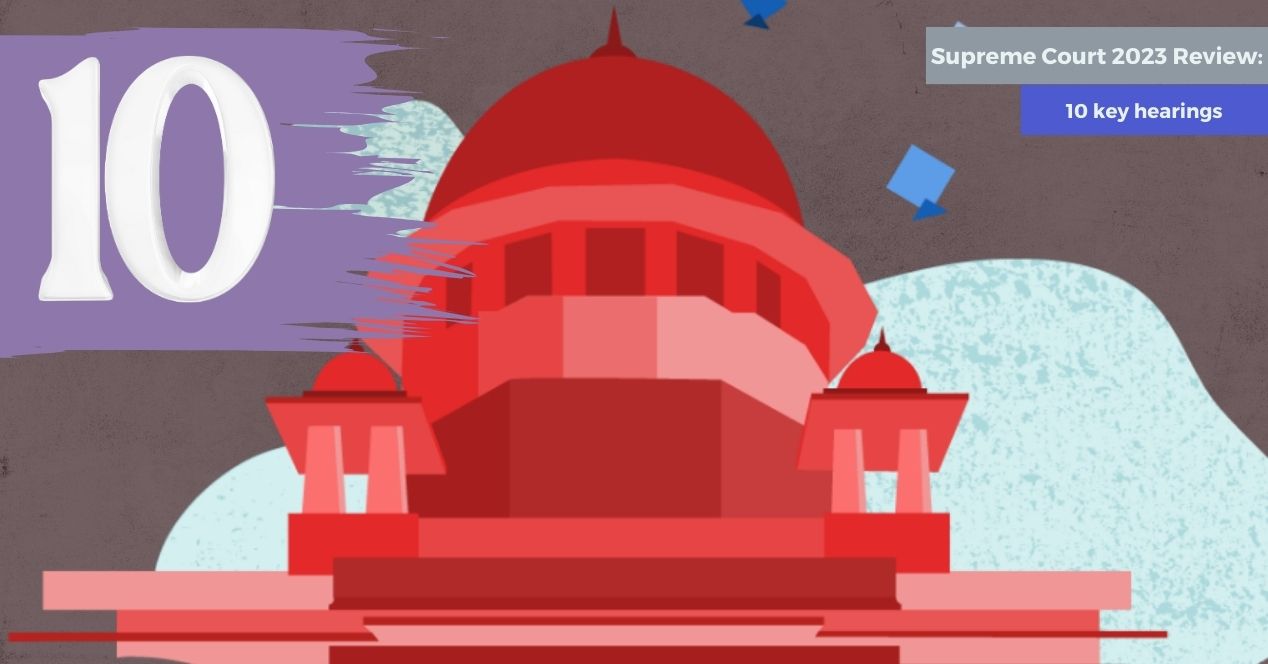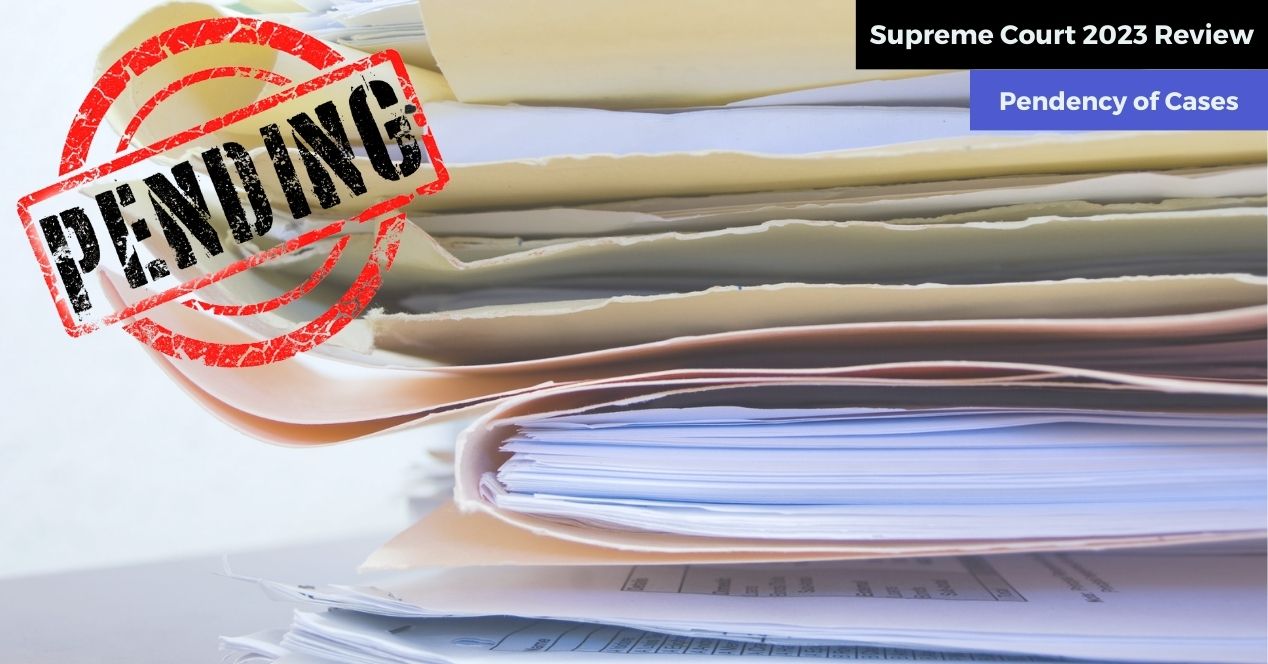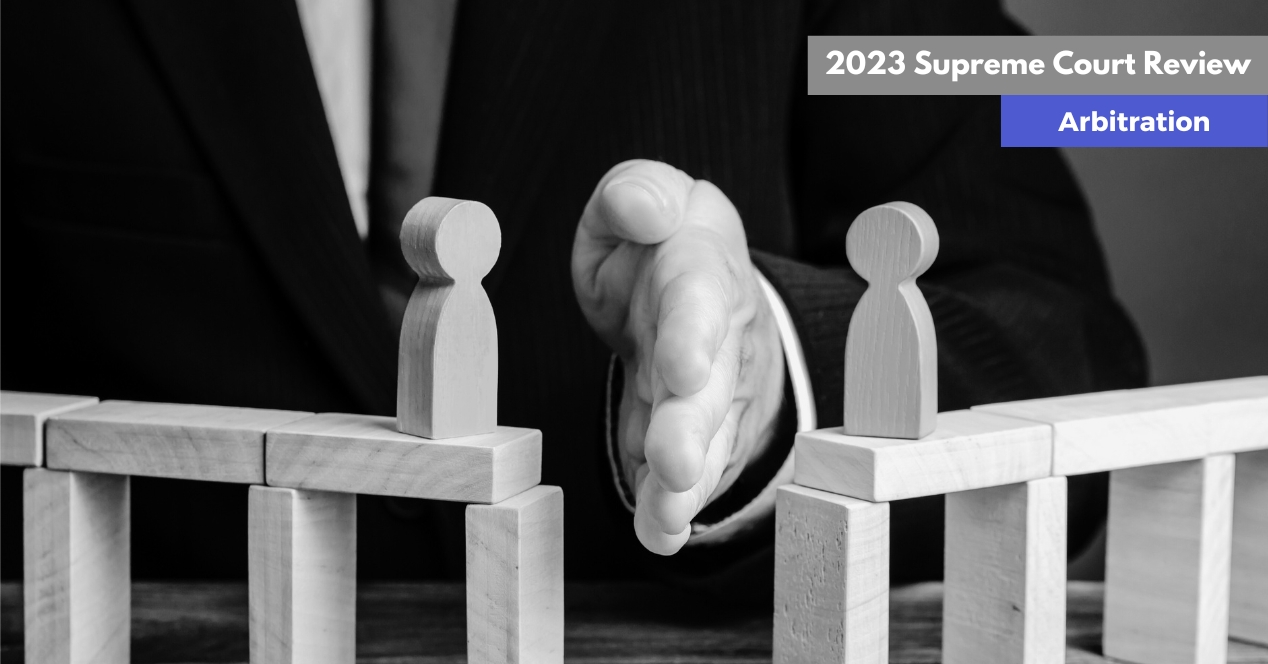Analysis
Supreme Court Review 2023: Right to Life
The Court displayed a progressive approach in certain high-profile cases involving the right to life. We highlight three significant cases
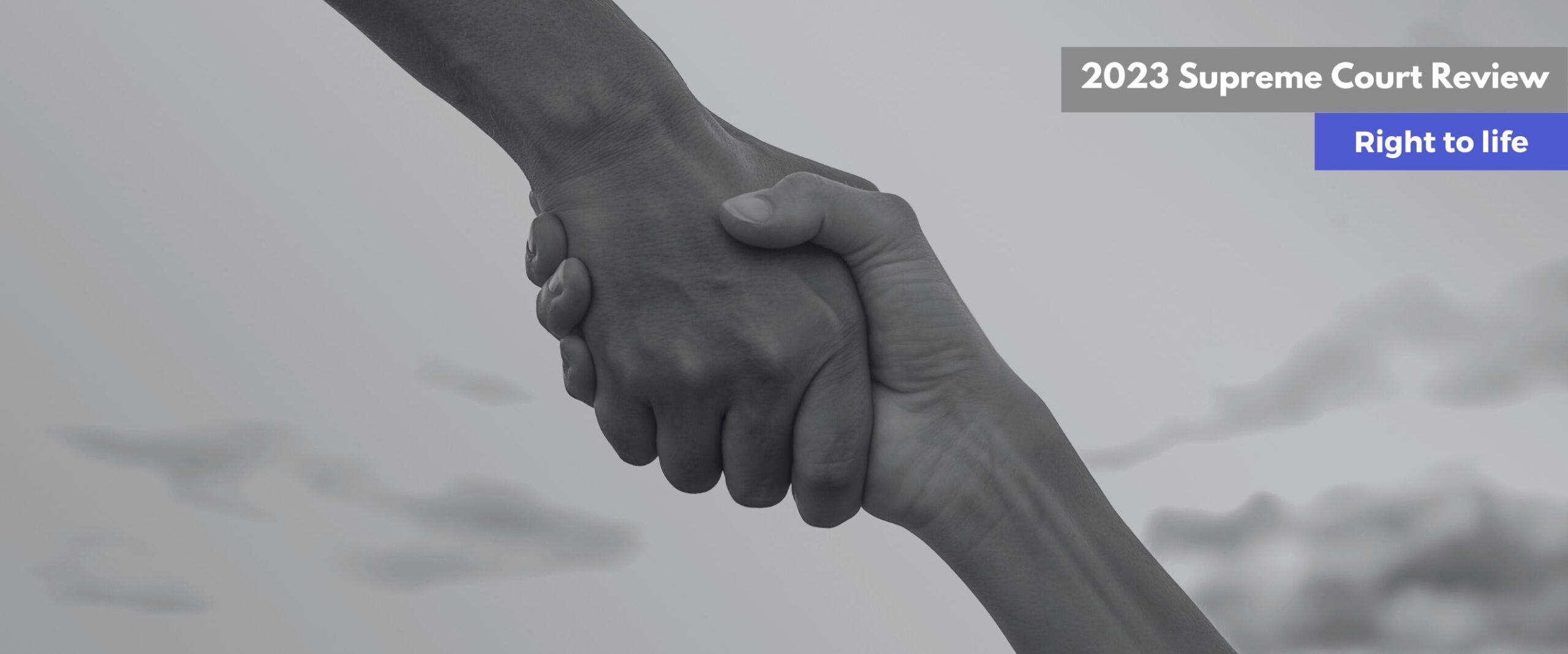
In 2023, the Supreme Court strengthened its Article 21 jurisprudence in several instances. In furtherance of the right to die with dignity, it simplified the onerous conditions to avail passive euthanasia.
Even as it rejected the Union’s ask for Union Carbide to pay additional compensation for the victims of the Bhopal Gas Tragedy, it stressed that the top-up compensation was the Union’s responsibility. It also censured the Union for not following through on its promise to provide insurance for the victims.
In October 2023, in what was Justice S.R. Bhat’s final decision before retirement, the Court passed a set of directions to ease the suffering of manual scavengers.
Process for passive euthanasia streamlined
On 24 January 2023, a five-judge Constitution Bench modified the 2018 Euthanasia Guidelines to ease the process of granting passive euthanasia to terminally ill patients. Passive euthanasia involves withholding treatment or artificial life-support for a terminally ill patient until the remainder of their life.
In Common Cause v Union of India (2018), a Constitution Bench had recognised passive euthanasia and the right to die with dignity as a fundamental right under Article 21. The Court held that passive euthanasia could be carried out using “Advance Medical Directives”—instructions to withdraw life-supporting treatment when patients are in a state where they cannot communicate their wishes. The 2018 guidelines were made to codify these advance directives.
In July 2019, the Indian Society for Critical Care Medicine (ISCCM) filed a miscellaneous application describing the 2018 guidelines as “cumbersome.” The 2018 guidelines required the scrutiny of a Judicial Magistrate First Class (JMFC) who would verify that the advanced directives were voluntarily signed by the patient. As an alternative, ISCCM recommended that the verification of an advance directive be done by a notary.
The 2018 guidelines also created a two-stage scrutiny by medical boards. The primary medical board, constituted by the hospital, should consist of “the Head of the treating department and at least three experts from the fields of general medicine, cardiology, neurology, nephrology, psychiatry or oncology with experience in critical care” with an experience of over 20 years. Subsequently, the district collector was required to appoint another board consisting of the Chief District Medical Officer of the district as the Chairman and three expert doctors from the aforementioned fields.
The Bench accepted the joint proposal of the petitioners and the Union and passed an order modifying the 2018 guidelines. The modified guidelines retained both the primary and secondary boards. It reduced the experience criteria of doctors to five years from 20 years. The guidelines imposed a preferable time limit of 48 hours for both boards to provide their opinion.
Additionally, they removed the involvement of the Chief District Medical Officer from the secondary board. Instead, the District Medical Officer can nominate someone in their place. Lastly, the number of members on both boards was reduced to three people. The primary and the secondary board are now required to communicate their decision to withdraw treatment to the JMFC along with the consent of the close relative or guardian.
Additional compensation for Bhopal Gas victims denied
On 14 March 2023, the Supreme Court rejected a curative petition of the Union government requesting additional compensation for the victims of the Bhopal Gas Tragedy. The Union Government wanted to reopen a settlement of $470 million negotiated with the Union Carbide Corporation after a hazardous gas leak in Bhopal in 1984 from a plant owned by the chemical company. The Supreme Court gave legal sanction to this settlement in February 1989. A review petition for additional funds was subsequently dismissed in 1991. The curative petition requested additional compensation of Rs. 7,400 crores.
Attorney General R. Venkataramani argued that there were more victims of the tragedy than anticipated earlier. He contended that the emergence of these new facts required a reopening of the 1989 settlement to increase the settlement amount. Senior Advocate Harish Salve appearing for the chemical company refuted this argument stating that additional documents in a curative petition cannot be entertained. Additionally, Salve pointed out that an excess of Rs. 50 crores was still unclaimed from the original settlement.
During this hearing, Justice S.K. Kaul also agreed that curative petitions should be entertained based on existing documents due to the limited jurisdiction of such petitions. Venkataramani argued that the Supreme Court should look beyond this limit in instances of humanitarian crisis. Further, he submitted that the Supreme Court in 1992 had left the issue of compensation open-ended i.e. the compensation could be enhanced if circumstances change.
In the March 2023 judgement, the Supreme Court rejected the claim to reopen the compensation. The Bench held that the Union government did not substantially justify a top-up. They also reiterated the restrictive curative jurisdiction of the top court which can only be invoked when there is a “gross miscarriage of justice.”
In the 1991 review petition, the Supreme Court had directed the Union government to make medical insurance policies for the victims. In the 2023 judgement, the Court chastised the Union for not taking out the insurance policies. The Bench reiterated that the onus was on the Union to increase the compensation.
Court calls for the complete eradication of manual scavenging
On 20 October 2023, the Supreme Court in Balram Singh v Union of India (2023) held that the Union government and states are “duty bound to ensure that the practice of manual scavenging is completely eradicated.” The act of manual scavenging is where a person is forced to clean out untreated human excreta from dry toilets, latrines, ditches, and pits.
The petitioner, Balram Singh, approached the Supreme Court seeking a “blanket ban” on manual scavenging stating that it persisted despite there having been two legislations prohibiting it without protective gear since 1993. Additionally, the petition stated that there was a “legislative vacuum” when it came to the rehabilitation of workers.
The Union submitted an affidavit containing all the steps taken by them to implement the legislation. However, the affidavit revealed that there was a “significant lack of mechanization to clean sewer lines or septic tanks.” In October 2023, the Supreme Court passed directions to ensure that manual scavenging is completely eradicated. The judgement pointed out that the Prohibition of Employment as Manual Scavengers and Their Rehabilitation Act, 2013 made it clear that “no person should have to come in direct contact with human excreta” without protective gear and cleaning devices. It also increased the compensation for sewer deaths from Rs. 10 lakh to Rs. 30 lakh.

